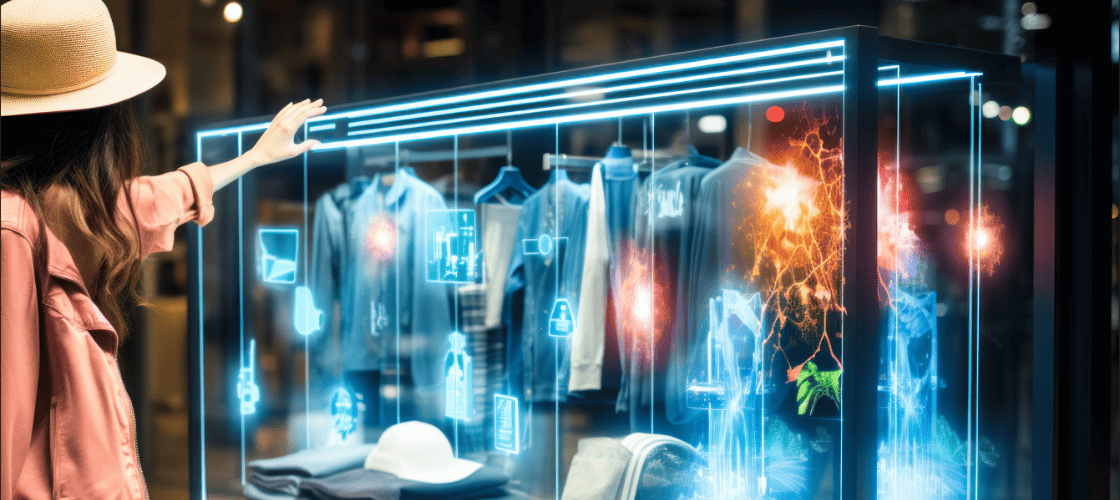Retail & Distribution
Digital Transformation: The Ultimate in Luxury Experience
17 July 2017
Online sales of luxury goods are expected to triple to reach circa $70 billion by 2025, according to McKinsey & Co. This digital shopping surge by luxury consumers creates an exciting opportunity for luxury retailers to upgrade their systems, engage their associates and gear up to meet the online consumer’s expectations.
Just how to do this while maintaining trust and a human touch is the subject of a new paper, “Digital Transformation: The Ultimate in Luxury Experience.” Now available for free download, the paper was recently published by retail cloud services and software leader Cegid and global payment solutions provider Adyen.
The paper highlights the important symbiotic relationship between the luxury market’s physical and digital retail worlds — between people and computers. The interplay between what happens in a store and online is particularly relevant for luxury brands. After all, their reputations hinge on delivering a highly tailored, individualized shopping experience, something they have excelled at within the four walls of the physical store.
Now high touch and high tech can co-exist peacefully and prosperously. For example, the paper explains how luxury sales associates’ autonomy, including their prized “little black books,” need not be marginalized with the introduction of new technology. Instead, they can be enhanced by software that gives an individual associate and his or her co-workers around the globe a clearer, 360-degree view of the customer. This includes a holistic view into past purchases, preferences and loyalty program participation. Sales associates also can benefit from using solutions embedded with the latest tokenisation technologies. This gives them flexibility to process customer orders over the phone with the security of PCI-compliant encryption. To deliver this connected experience and brand view, retailers need a comprehensive, unified and international retail management system, which includes a centralized platform for payments.
Being able to cater to luxury consumers regardless of channel and physical store location is more important in luxury retail than in other retail sectors because luxury shoppers are such frequent travelers. As the paper points out, a credit card data analysis might reveal that a significant number of shoppers in a London store have previously shopped on a retailer’s ecommerce site in China. The in-store staff benefit from being able to recognize these individual shoppers and tailor their engagements with them. At the same time, the retailer’s brand reputation is strengthened by making it friction-less for the consumer to shop across borders and channels.
While digital transformation is well within reach for luxury retailers with today’s connected commerce solutions, it’s essential for merchants to protect their customers’ privacy and their brand’s bottom line by complying with ever-changing consumer data protection rules and regulations. Luxury brands should expect technology partners to be well-informed on the latest privacy laws and ready to help implement best practices and software solutions that are in full compliance.
For example, there is new European Union legislation under the General Data Protection Regulation (GDPR). It goes into effect May 2018. Any company doing business in the European Economic Area (EEA) must comply with these new consumer privacy standards. The paper explains that the GDPR goes well beyond the current rules around opting in and opting out. Retailers will need to reengage with consumers periodically to be sure they want their personal information to stay active in their systems. It also requires more transparency about data gathering and expands the very definition of “personal information” to include things such as cookies and advertising IDs. “At its most basic, GDPR means that businesses will need to be more transparent about what personal data they are holding, why they captured it and what they intend to do with it,” the paper states.
In conclusion, the transition to digital will continue to require a careful balancing act for luxury brands. They must maintain their aura of exclusivity while breaking down barriers between channels and taking personalized customer service to new heights.


